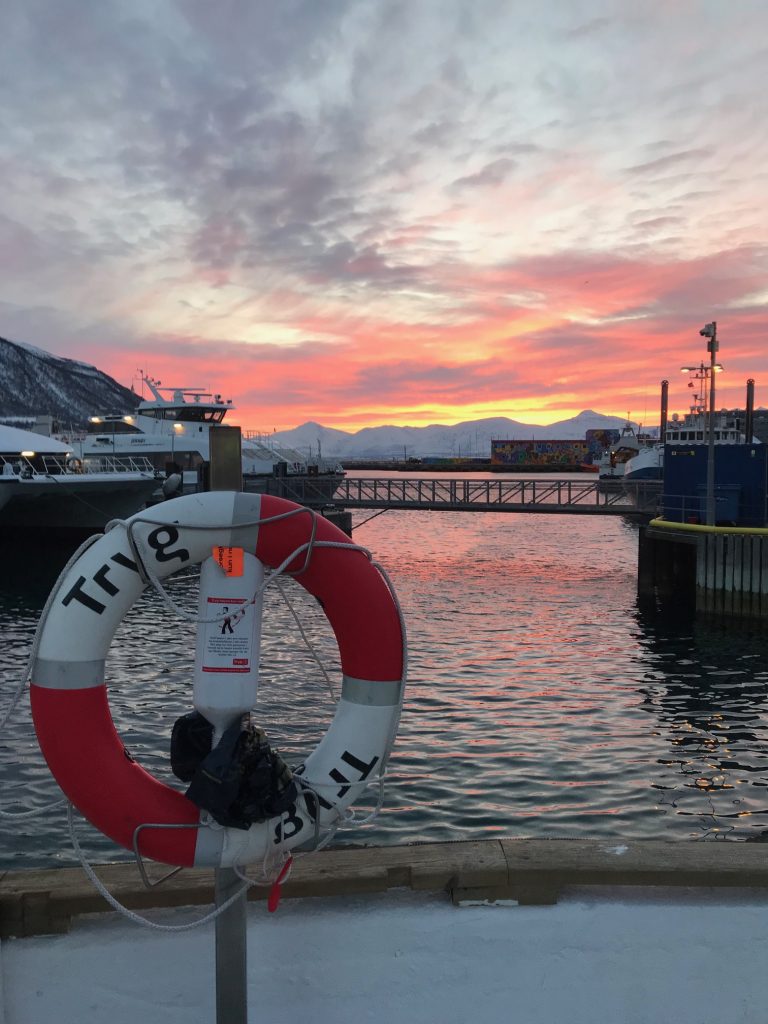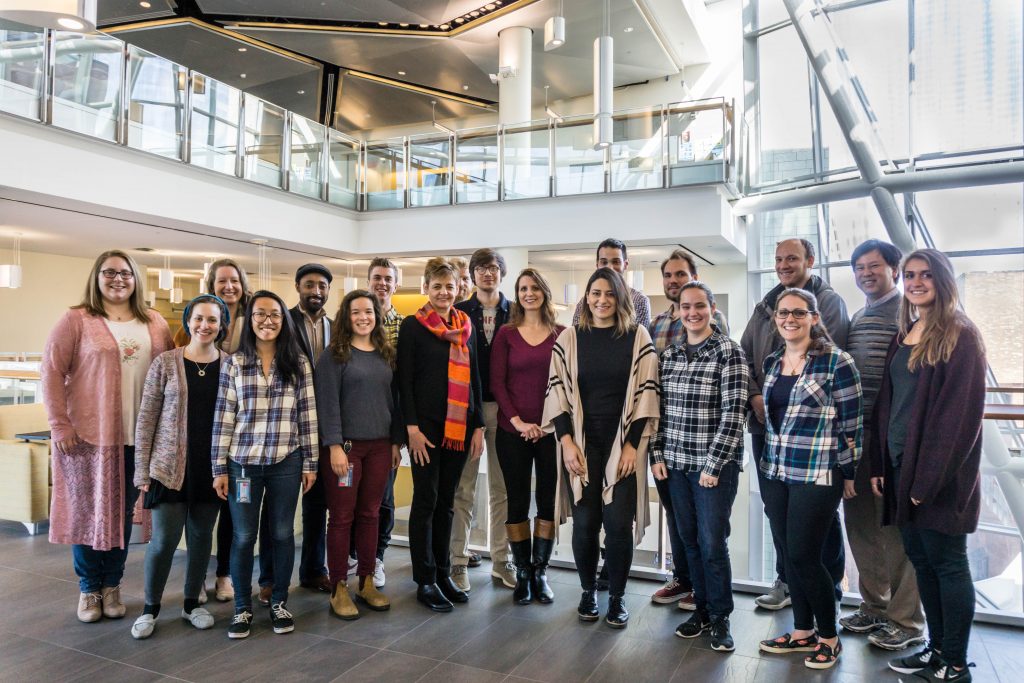


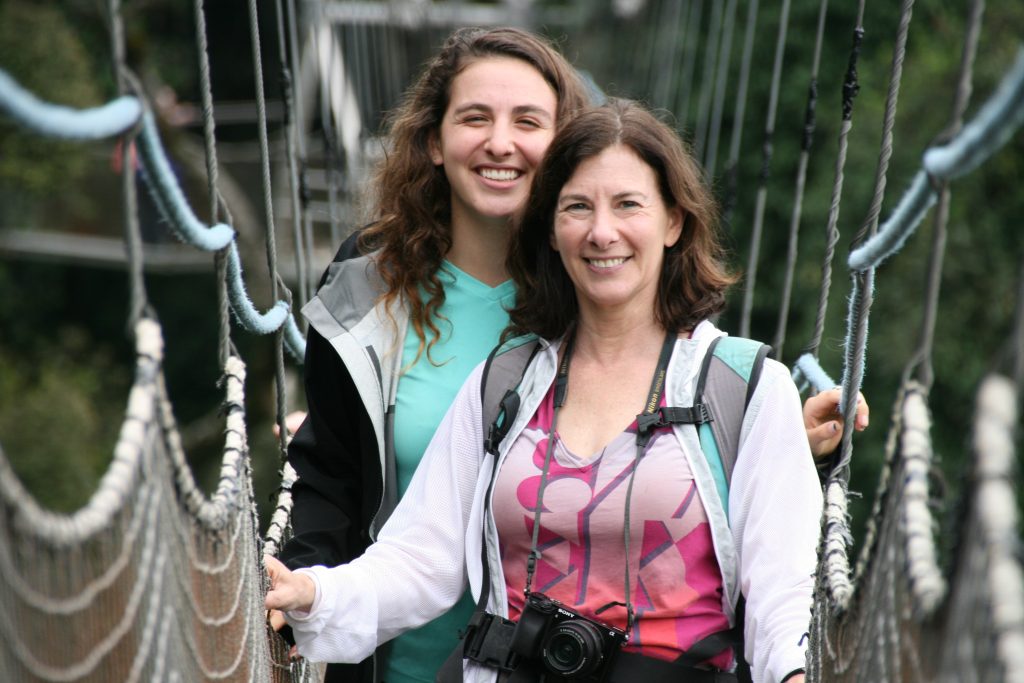

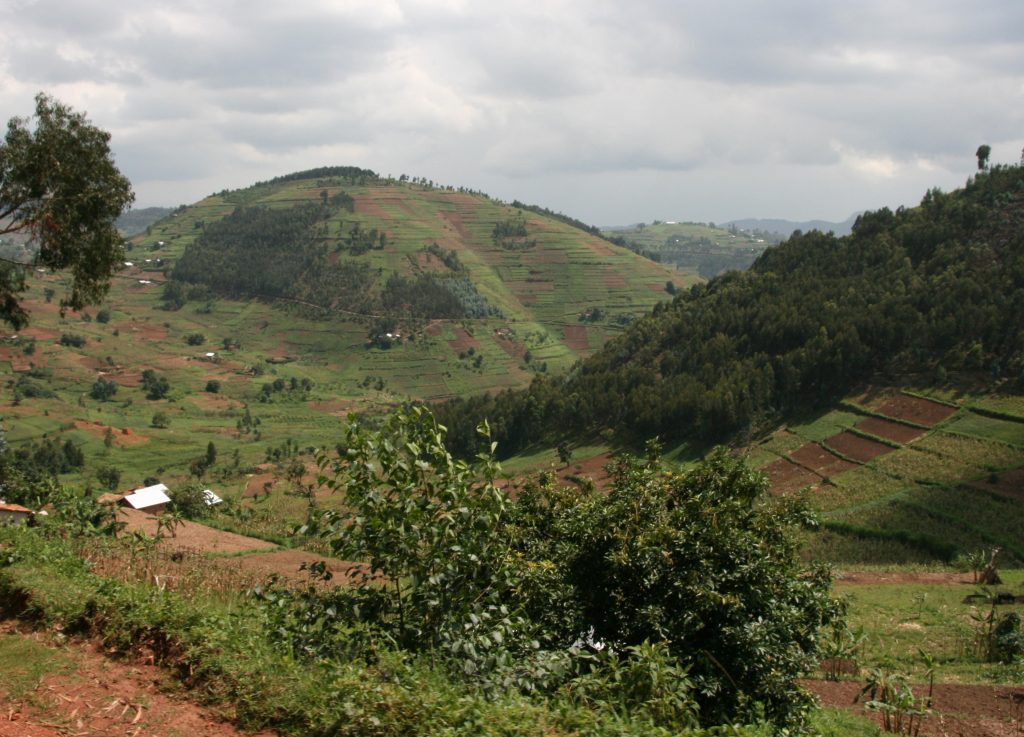

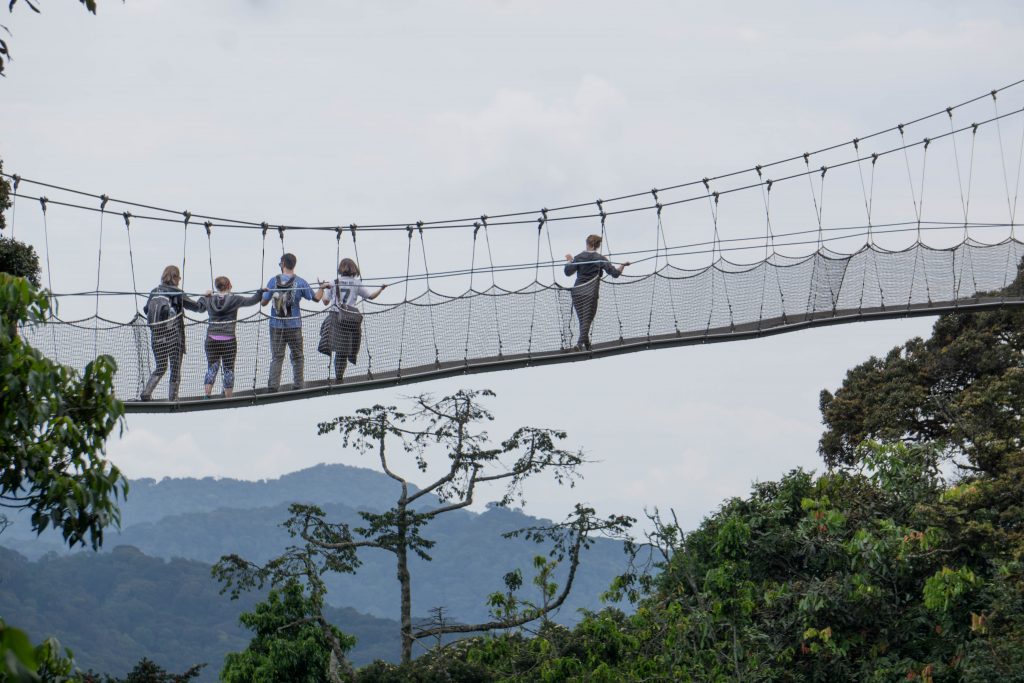

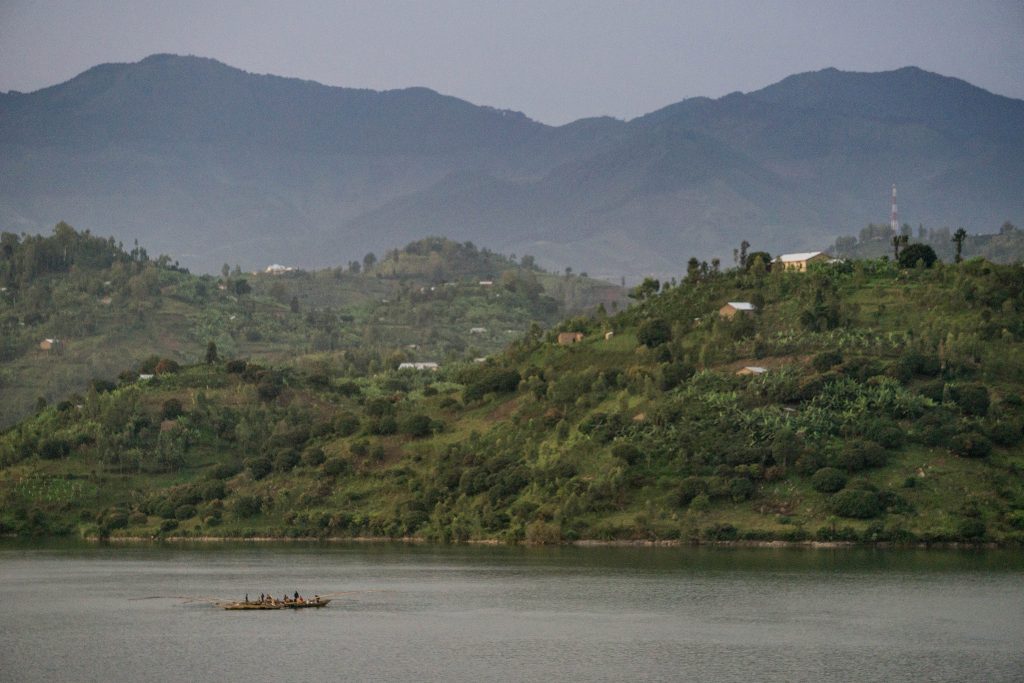

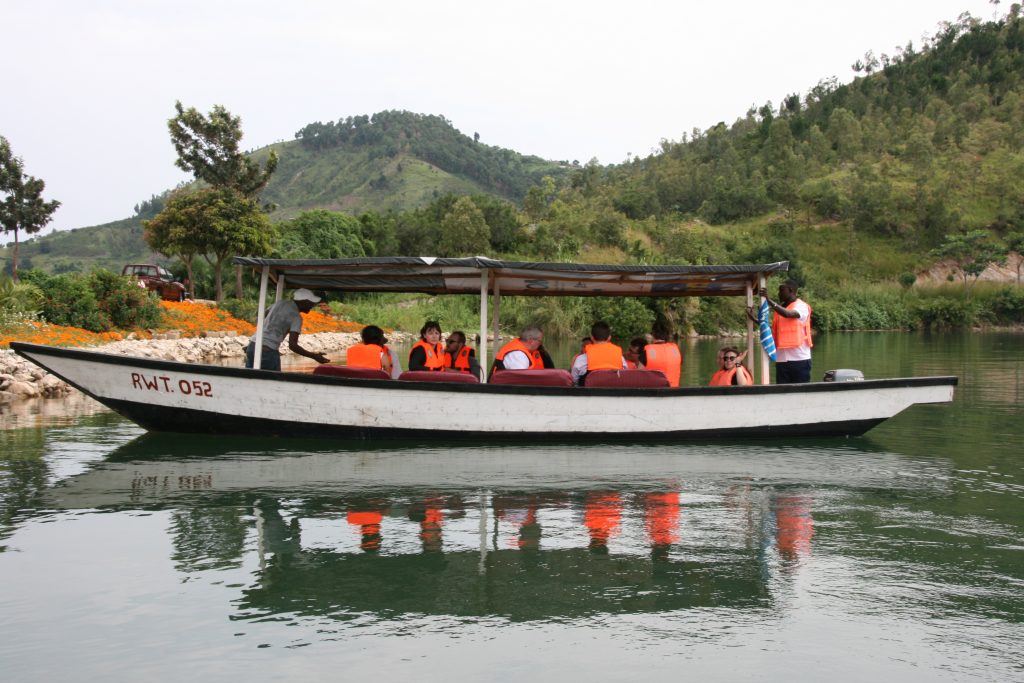

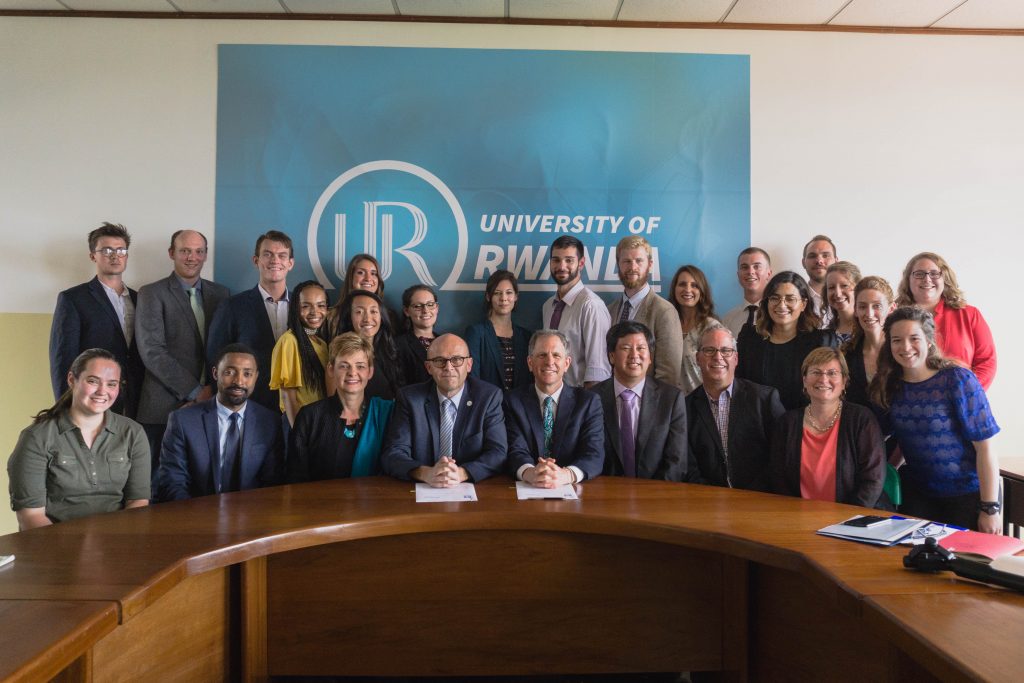


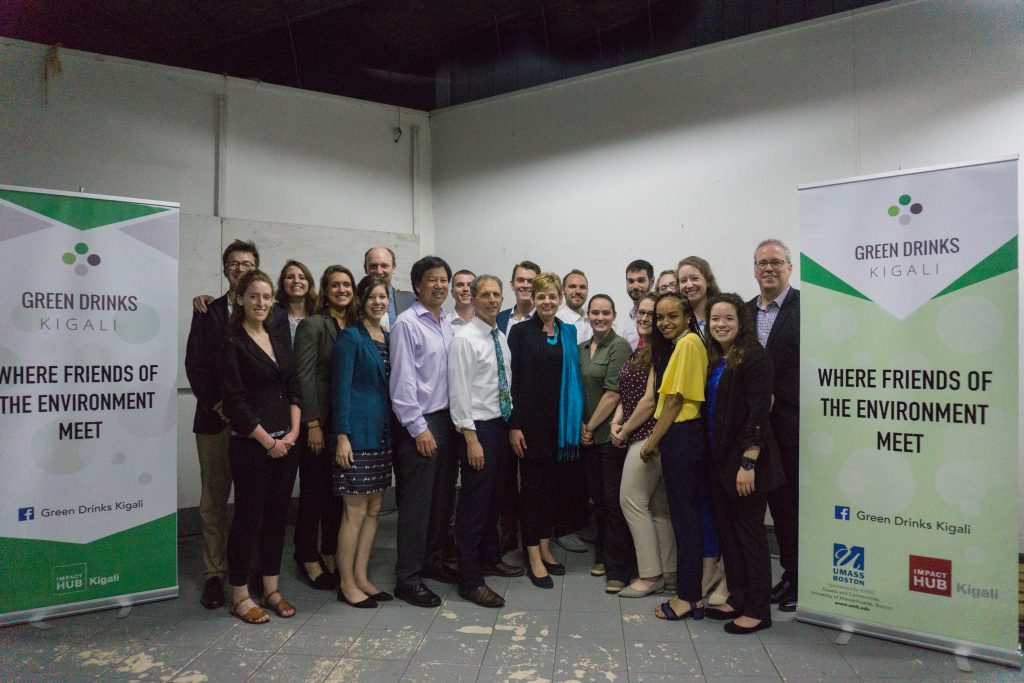


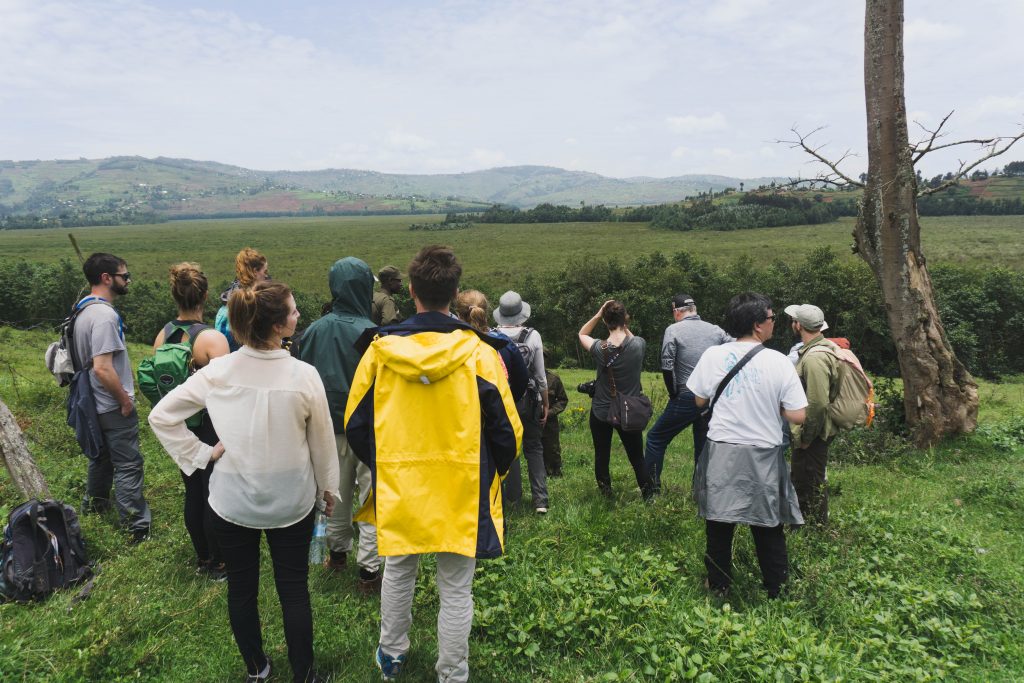
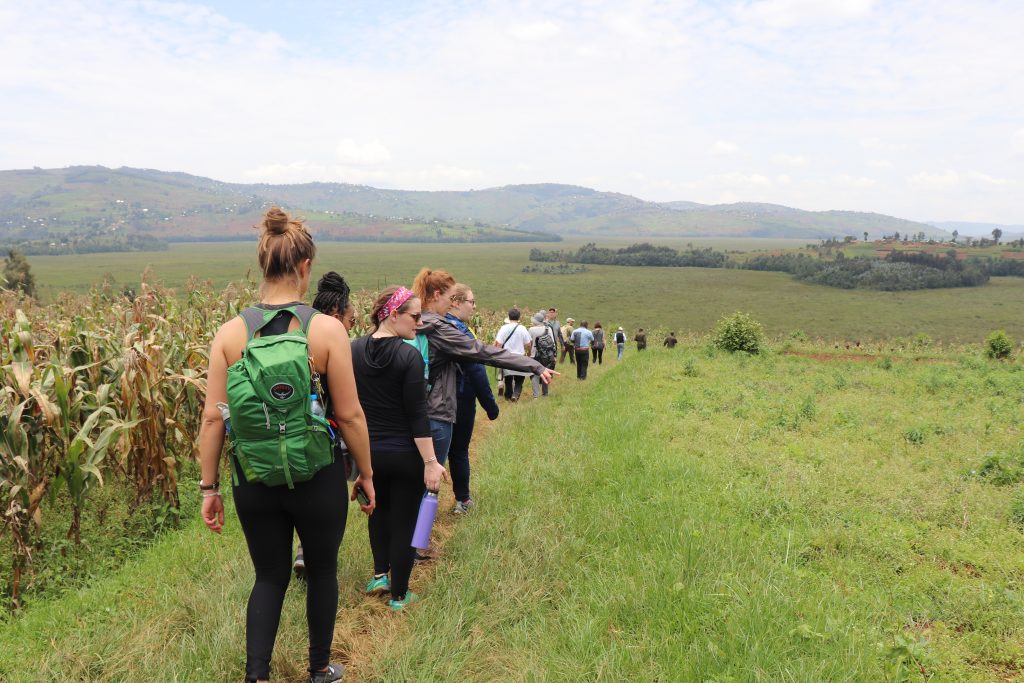





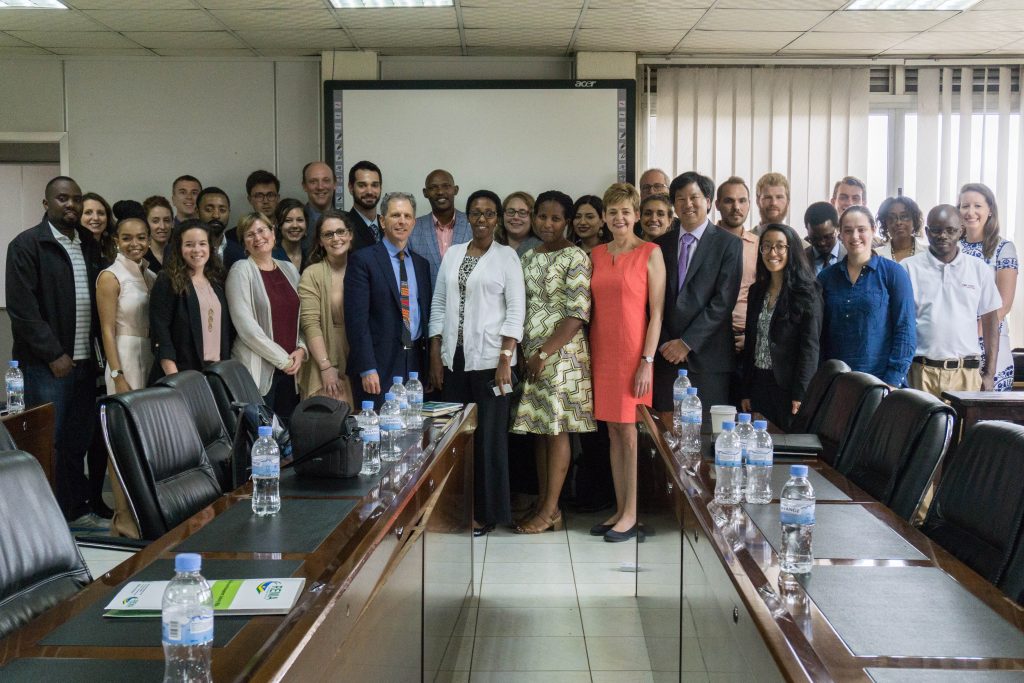



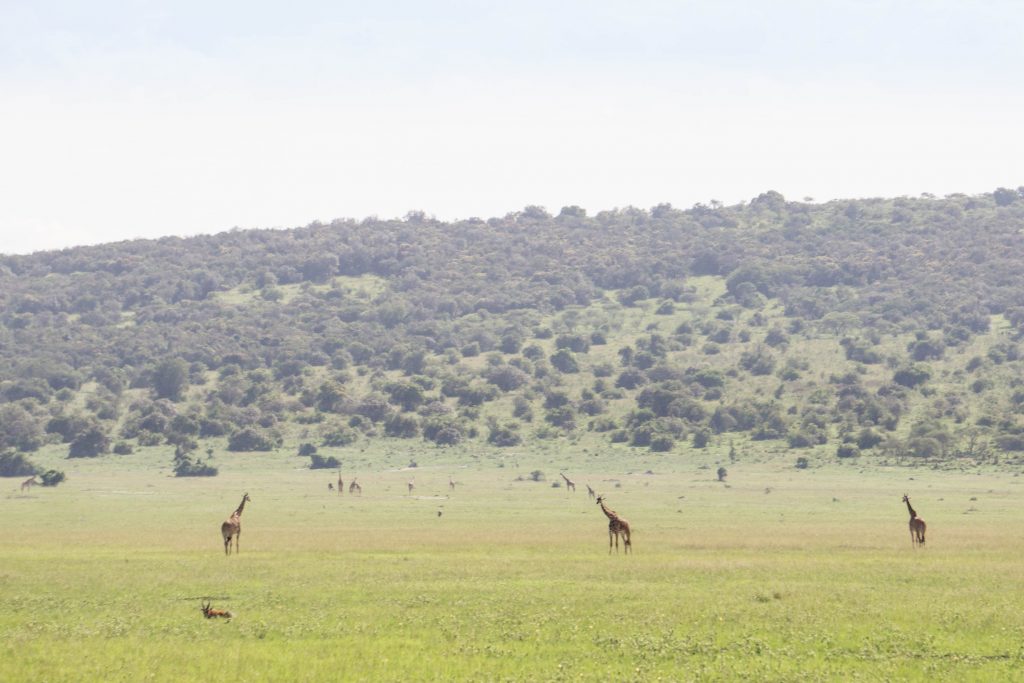

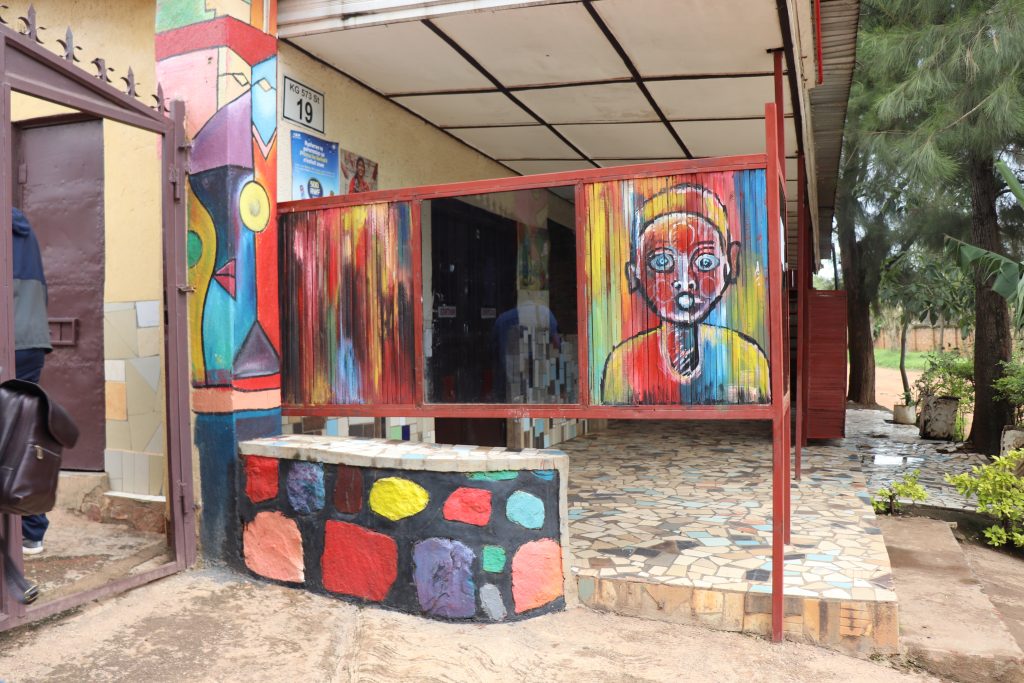












































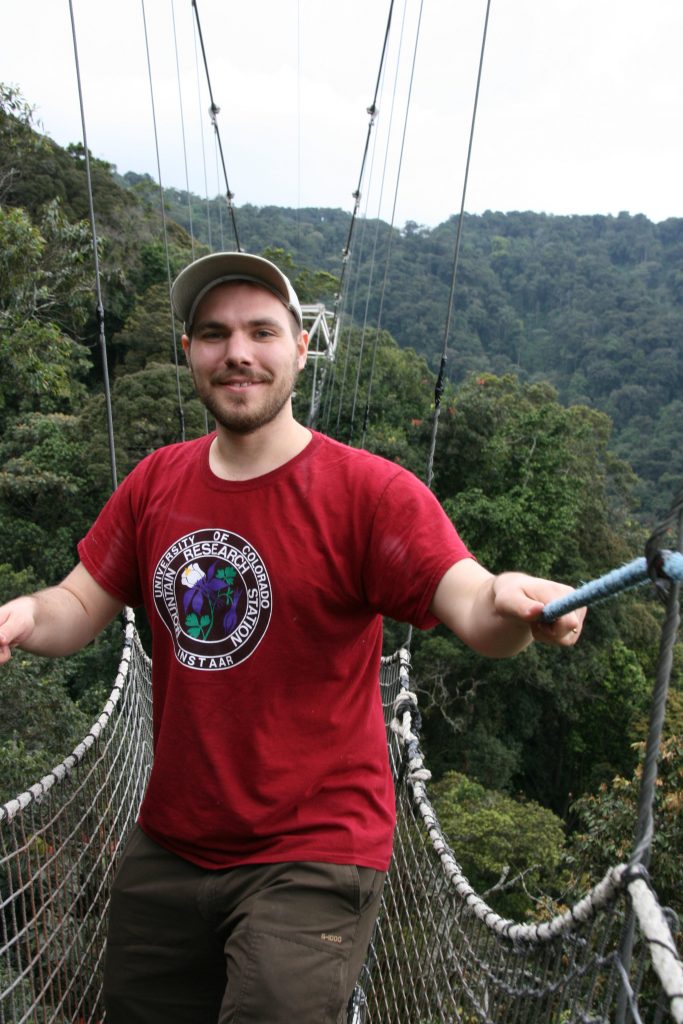
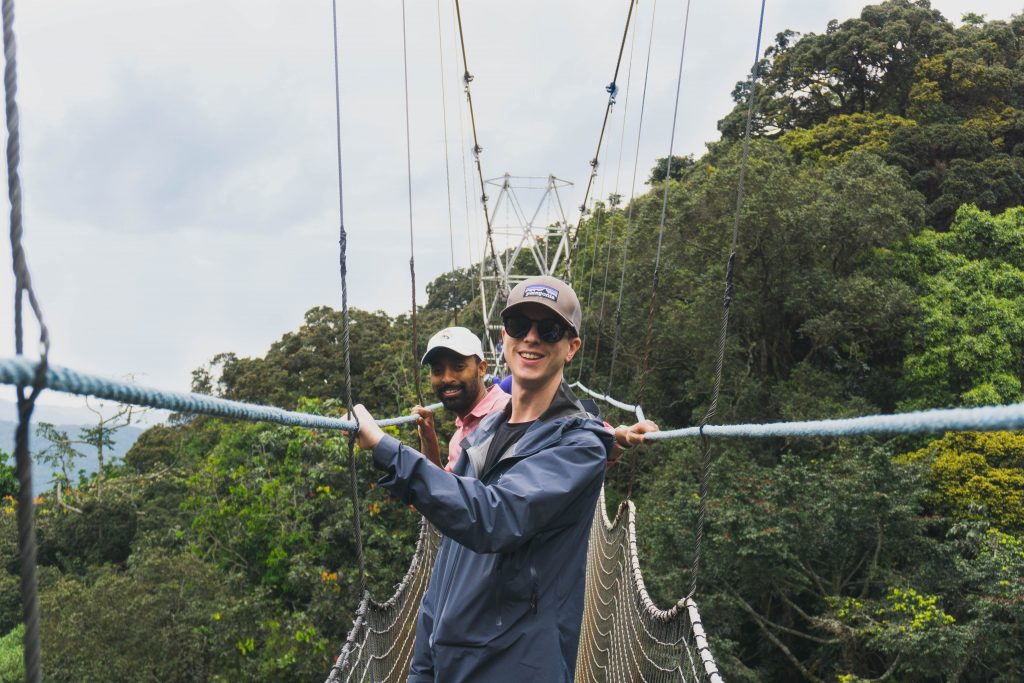

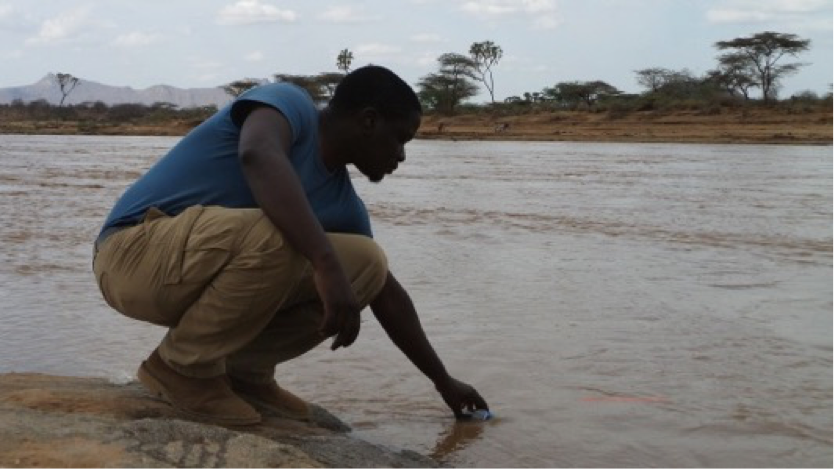
Jeremiah O. Asaka, Global Governance and Human Security PhD and 2014 IGERT Fellow, successfully defended his dissertation on December 6th, 2017. Jeremiah’s research covered transformations in conservation governance and outcomes for human security: the case of Kenya’s Northern rangelands. Jeremiah’s transdisciplinary dissertation explored the link between biodiversity conservation and the security dimensions of human well-being. The dissertation’s analysis is premised on a juxtaposition of global governance, norm diffusion, human security, and gender theoretical frameworks. Jeremiah’s research seeks to understand change and continuity in conservation governance and the implications for human security in indigenous communities. Congratulations Jeremiah!
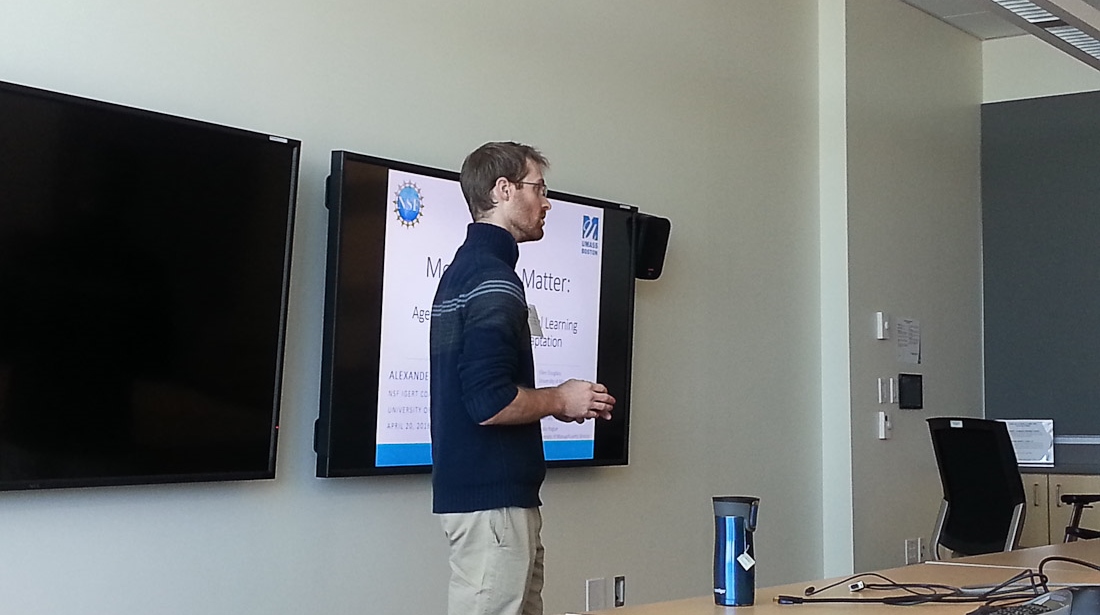
Alexander Metzger, School for the Environment PhD and 2014 IGERT Fellow, will present and defend his dissertation entitled “Models that matter: using participatory FCM to integrate mental models into an adaptive co-management process.” on Friday February 23, 2018 from 1:00PM – 2:00PM in the Integrated Science Complex room ISC 5300.
Abstract: Boston, Massachusetts has periodically experienced damage and negative impacts from storms and flooding events, and is currently planning for a more hazardous future due climate change. Contemporary approaches often rely on vulnerability and resilience to describe system capacities, and use adaptation as a means of adjusting its trajectory. The adaptive co-management (ACM) framework acknowledges the importance of integrating stakeholder mental models, or the diverse array of internally-held understandings and dynamic representations of a system, into the decision-making process. Linking stakeholders in collaborative problem-solving, mental models become a wealth of valuable information for shared learning and adaptation, and an opportunity to understand the diversity of perspectives that define effectiveness and equitability. However, several obstacles emerge from the mismatch of decision-maker perspectives, and tools are needed to better structure the utilization of mental models. Fuzzy cognitive mapping (FCM) is a growing approach in the field of participatory modeling that could fill these needs. FCM allows “mapping” of mental models as a web of concepts and weighted relationships that represent stakeholder perspectives, knowledge, and understandings. In this dissertation, we present our research on the use of participatory FCM to better understand variation in mental models among flood managers in Boston, MA and discover opportunities for social learning and collaboration. We first discuss our typology of approaches to participatory FCM research created through literature review. This typology guided our participatory modeling process with organizations involved in mitigation and adaptation at different jurisdictional scales. We then discuss our novel method of knowledge classification, and findings on the variation in flood manager perspectives by jurisdictional scale. Next, we discuss our analysis of individual FCM’s, which we used to identify boundary objects and bridging organizations that could facilitate learning and collaboration among Boston’s flood managers. Last, we discuss findings of a participant focus group in which participants react to the findings and completed a collaborative modeling exercise.
Michael Cole, Global Governance PhD Student and 2017 IGERT Fellow, spent the January term introducing students to the complex environment of world politics. In the online introductory course entitled “US in World Affairs”, students learn about the evolution of the international system from interwar period through today. The course also explores the different approaches to explaining foreign policy formulation and outcomes within the distinct paradigms of international relations. The course was offered through the University of New Hampshire under Dr. Alynna Lyon, and was an extension of Michael’s teaching experience in the field of world politics.
Courtney Humphries, Environmental Science PhD Student and 2017 IGERT Fellow, was recently accepted to teach a 5-week course at UMass Boston’s Osher Lifelong Learning Institute. The course will be taught as part of the OLLI Scholars program, a membership-based community dedicated to lifelong learning. The course, entitled “The Past, Present, and Future of Boston Harbor”, will give students an overview of the harbor’s natural history and ecology, history of urban development and land-building, changing uses of the harbor islands, harbor cleanup efforts, future planning and climate change risks.
Elaine Montes, Environmental Biology PhD Student and 2017 IGERT fellow, traveled to the Galapagos Islands for research on Darwin’s Finches. She is currently investigating the connection between urbanization and finch food preference, behavioral changes, and longevity. From January 4th to the 29th, Elaine worked with colleagues from Norway, Ecuador, and the UK to band, measure, and collect blood samples for later analysis. Read her blog here.
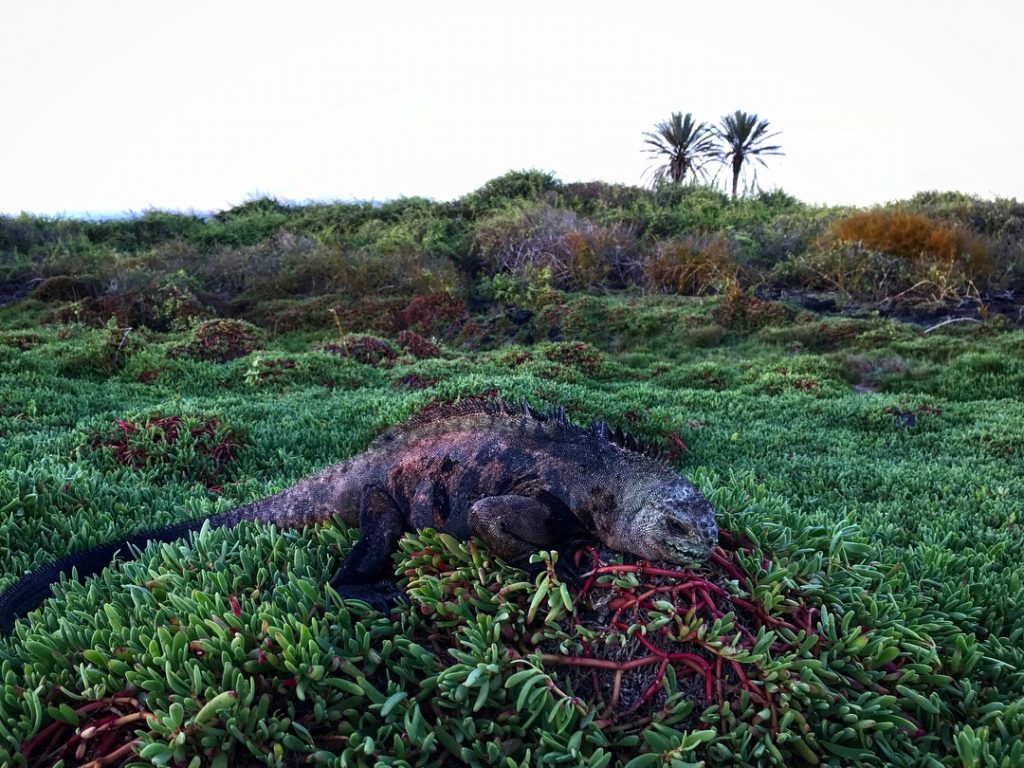
Emily Moothart, Environmental Scientist and 2016 Associate IGERT Fellow, presented her research on the importance of urban parks and coastal communities at the Global Congress of the International Land Conservation Network (ILCN), which was held January 24th -26th in Santiago, Chile. Emily’s talk was titled From Communities to Countries: Visionary Conservation in a Changing World. While in Chile, Emily also had a chance to fulfill a lifelong dream of backpacking Patagonia.

Brianna Shaughnessy, Environmental Biology PhD Student and 2017 IGERT Fellow, visited the “SubeLab” at the Esación de Coserta de Investigaciones Marinas (ECIM) in Las Cruces, Chile. While visiting ECIM, Brianna was hosted by fish biologist and ecologist Alejandro Prez-Matus. Alé is a long-time collaborator of Jarrett Byrnes’ Lab at UMass Boston. With the help of Alé and his dive team, Brianna collected standardized data on Central Chilean kelp forests to be added to the growing open-source database for the Kelp Ecosystem Ecology Network (KEEN), a key tool for performing comparative ecological research on vital kelp forests. At ECIM Brianna also presented on the development of KEEN’s network goals, research, and standardized protocols, and attended a symposium on modern interdisciplinary research in Chilean Ecology. She was fortunate to meet with many Chilean ecologists, including Sergio Navarrete and Evie Wieters.
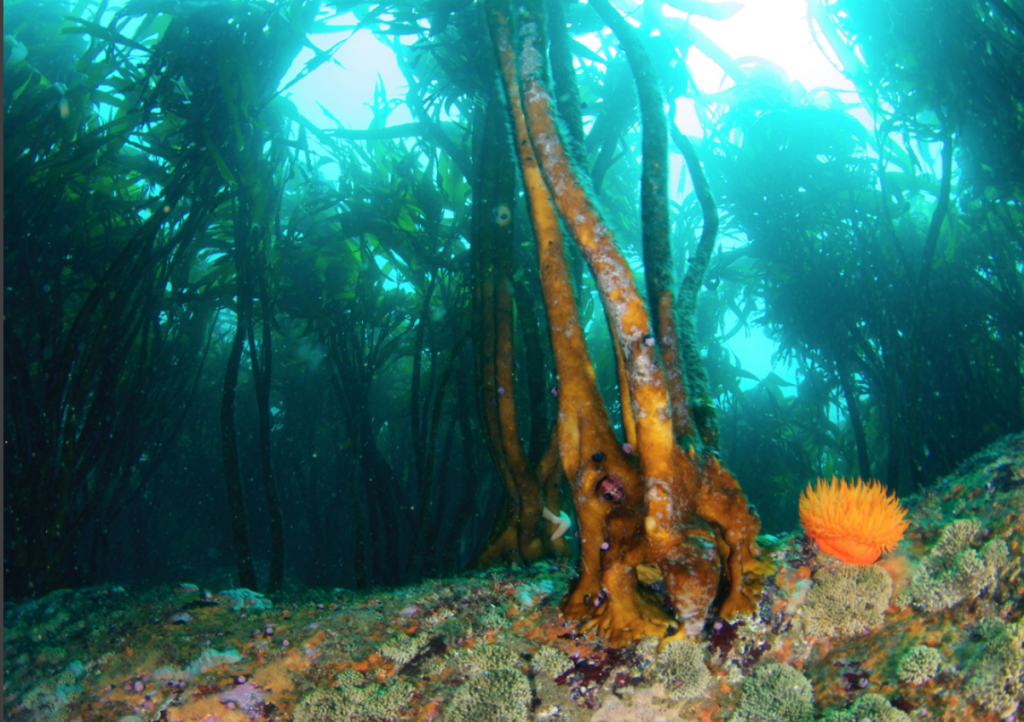
Jack Whitacre, Global Governance PhD Student and 2017 IGERT Fellow, visited Tromso, Norway and the Lofoten Islands to study Arctic ecosystems, policy, culture, and history. While traveling by boat above the Arctic Circle, the group visited coastal communities from Norway’s farming and fishing tradition. At the Arctic Frontiers conference in downtown Tromso, Jack presented a poster on Iceland and the maritime cyber security of exports. Jack’s winter travel highlighted the benefits of networking across fields and connecting with leaders from a variety of backgrounds. It opened new doors for future collaboration and appreciation for global environmental issues.
